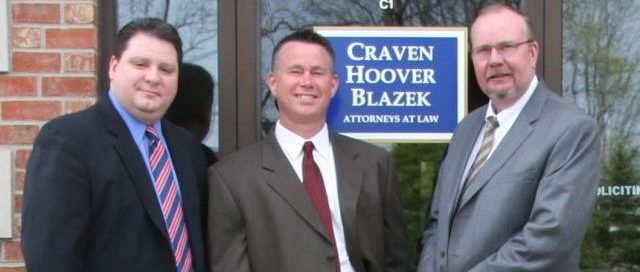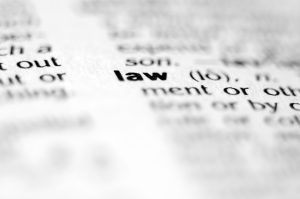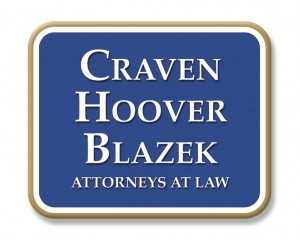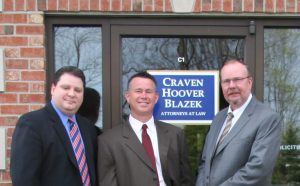When someone is injured in an accident through the fault of another person or entity, you would think they would naturally expect to be compensated for their damages and losses that result from the accident. However, many accident victims are hesitant to move forward with a personal injury lawsuit, or even hire an attorney at all.
Many are under the impression that they will heal quickly, while others feel a false sense of confidence that the defendant’s insurance company will treat them fairly. As a result, these kinds of victims fail to make a personal injury claim within their state’s statute of limitations, or at all for that matter, and consequently miss out on their rights to compensation.
This unfortunate situation mostly occurs due to lack of knowledge about the rules, deadlines and trusting a defendant’s insurance company. To be clear, a defendant’s insurance carrier does not owe any duties to a person injured through the conduct of their insured. They are a business, interested in making money like all businesses.
For these reasons, is vital for all personal injury victims to be properly informed of their legal rights to recovering compensation for their damages and losses following a serious injury or accident. The best course of action is to immediately consult with an experienced accident attorney who can give you the information you need regarding your unique case.
In the meantime, review some of the basic terms, statutes, and processes of Indiana personal injury laws for a better understanding of what to expect at your initial consultation with your lawyer.
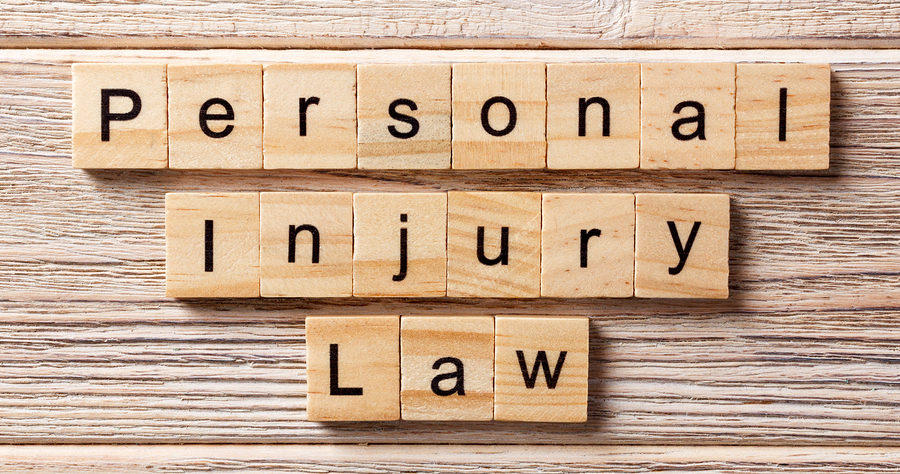
Personal Injury, Defined
A personal injury occurs when an innocent victim suffers damages and losses as a result of someone else’s negligence. A person, group, company, or organization can all be at-fault parties in a personal injury case. If found liable, at-fault parties are ordered to pay compensation for the victim’s damages and losses, such as hospital bills, medical expenses, pain and suffering, and more.
The at-fault parties insurance carriers then pay the verdicts against their insureds. Keep in mind that an injury can be physical, mental, or emotional. Common examples of personal injury cases include car accidents, medical malpractice, slip and falls, dog bites, workplace accidents, trucking accidents and wrongful deaths.
Statute of Limitations
Every state has a set time limit in which an injured person can bring about a claim, or file a lawsuit in civil court, against another party. Here in Indiana, the standard stature of limitations for personal injury lawsuits is two years. If a personal injury victim fails to pursue a claim within this time period, they lose their opportunity to do so, forever.
Additional Time Limits
If a personal injury victim is bringing about a claim against a municipal party, such as a city or county, they have only 180 days to file a tort claims notice. A timely “filed” tort claims notice is required before a lawsuit and claim may be filed against a city or county. If an injured victim is pursuing a personal injury claim against a state government agency, the tort claims notice filing period extends to 270 days from the date of the accident. See our blog, “Can a Personal Injury Statute of Limitations Be Extended?” to learn more. Again, because of the significant time limitations, you should immediately hire an attorney after your injury.
Comparative Fault Rule
Indiana uses the comparative fault rule, which divides the amount of fault among each person involved in an accident. In the situation that an injured victim is partly at-fault for the accident and their subsequent injuries, the law might apply the comparative fault legal principle and assign a percentage of liability to the injured victim. For example, if a pedestrian ignores pedestrian traffic signals, and is then hit by a driver who is intoxicated, both could be found to be at-fault. See our blog, “Who is Liable When a Driver Hits a Pedestrian?” to learn more.
Car Accident Claims
When it comes to car accident claims, Indiana is an “at-fault” state, which means injured car accident victims are allotted certain legal recourse to collect compensation for their damages. They may file a claim with their personal insurance carrier, file a claim with the other driver’s insurance carrier (known as a “third-party claim”), or file a lawsuit to seek damages. See our blog, “Auto Insurance Terms You Need to Know as a Car Accident Victim” to learn more.
How to Get Started on a Personal Injury Claim
Call the Law Office of Craven, Hoover, and Blazek P.C. at 317-881-2700 to schedule a free initial consultation with a licensed personal injury attorney in Indianapolis, Indiana. Seasoned lawyers, Daniel Craven, Ralph Hoover, and Keith Blazek, are motivated to help you recover the full and fair compensation you deserve after being injured in a serious accident. We represent injured people throughout the State of Indiana. Best of all, we only collect lawyer fees if we obtain a settlement for you!
